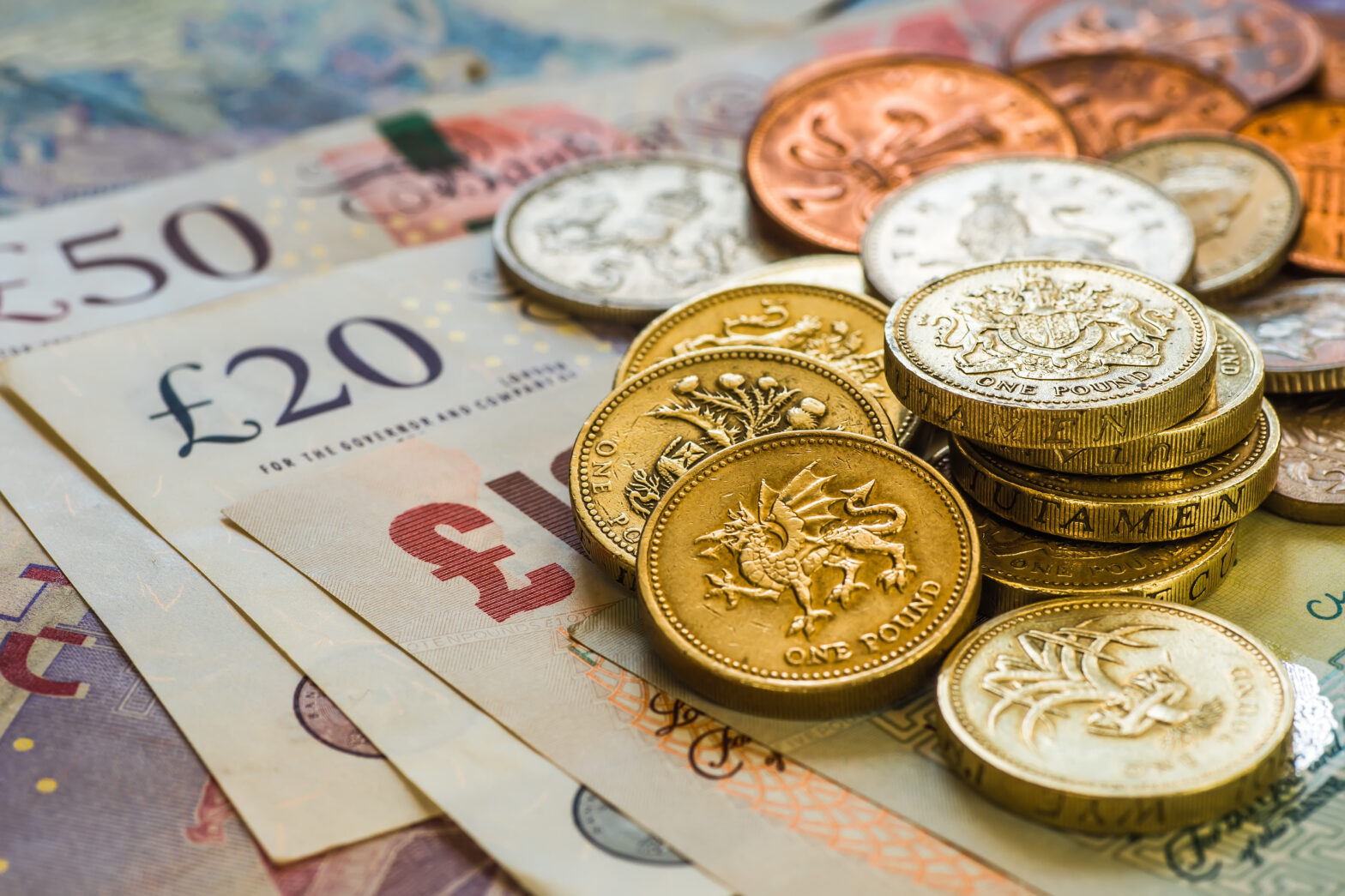Dan McGuire – MD, Broadbean Technology
In 2003 we had ten competitors. Our clients perceived us and our competitors as doing the same thing, so if we offered our software at £100, someone else would offer theirs at £99. We weren’t struggling, but we weren’t exactly flying either.
One day I walked into my business partner’s office and said, ‘I want to triple the price.’ He nearly fell off his chair. My argument was that people’s first question would be, ‘Why are you £300 when your competitors are so much cheaper?’ That would give me a chance to explain how we were different. The strategy worked: we’re now around four times the price of our nearest competitor.
I think it’s important to bring price up at the start of the conversation. Then as you demonstrate the product, people have a figure in their mind and they’re comparing it to the value you’re showing them. If you’ve done your job right, you won’t need to negotiate.
Of course the flip side of selling on quality is that you’ve got to deliver. If you don’t, customers will move the price.
Stuart Boon – Director, Currencies Direct
We have a guarantee that we will beat the high-street banks on price – so for us, that’s a given. We will always save our clients, on average, one to three per cent per transaction [compared to bank rates].
That said, we understand that foreign exchange is a commodity. Competing purely on price is not going to retain business, because if you lead on price there is always someone who will come along and undercut you.
Instead of bringing our pricing to the fore, we put the emphasis on having a sympathetic, unpressurised conversation with potential customers about their business. We’ll listen and share our knowledge, and at the end they’ll make an informed decision. Of course, we hope that decision will include us.
I’m sure a lot of our customers check our prices against other providers, but once they start trading over 90 per cent stay with us. Some of our competitors try to steal customers from us on a price basis alone, but if you do that you become a loss-making organisation.
Andy Jackson – Sales Director, Covase
It’s important to have pricing in the right area in order to generate an enquiry. We’re never going to be the cheapest and we don’t want to be the cheapest, but if we’re £80 more than our nearest competitor, we’ll never get a phone call in the first place.
Often, someone calls up and says ‘I’ve seen on your website that you do the Audi A3 for £239 a month, is that your best price?’ We try to move away from the price discussion until we can “qualify” the person we’re speaking to: in other words, find out who they are, whether they’re the decision-maker, and whether the car they’re asking for is the most appropriate one for their needs. For example, if they’ll be travelling in London a lower emissions vehicle might be more cost-effective.
I do a lot of forward-ordering of popular models, which works in our favour as people often want cars quickly. If your competitors can’t supply the vehicle for 14 weeks and you can supply it in seven days, in the colour they want, then the price discussion becomes irrelevant.
Related: The art of pricing






